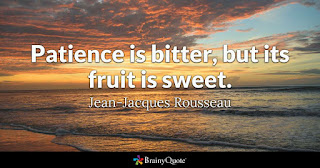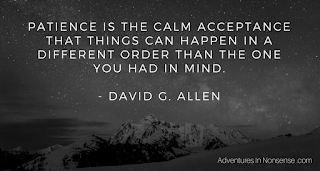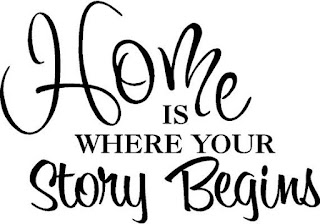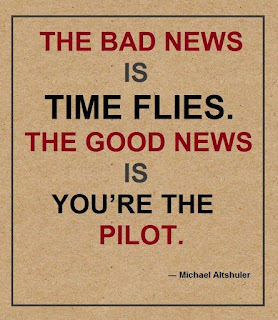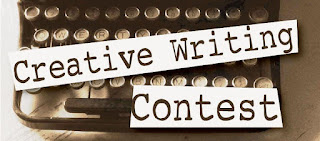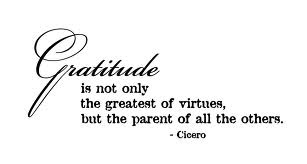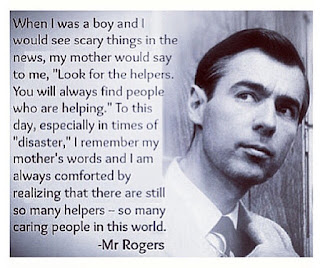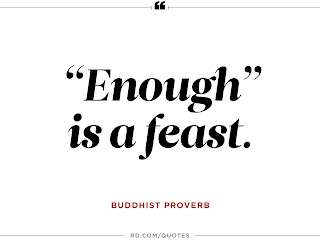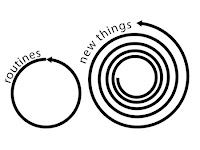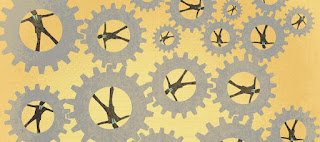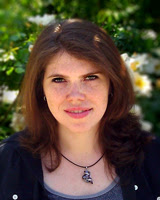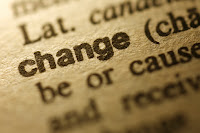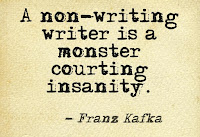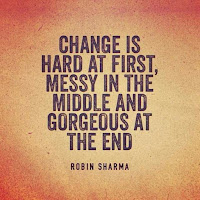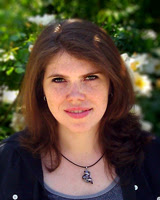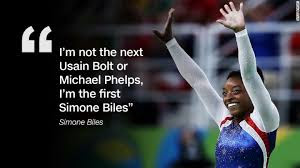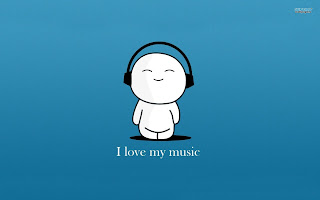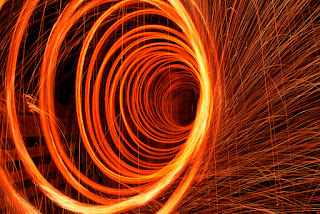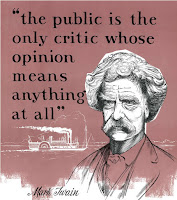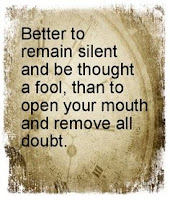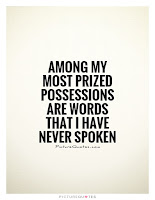Nurturing Patience
by J.M. Phillippe
Summer has never been my favorite time of year, as I am not someone that does well in the heat (and the summers keep getting hotter). But I am also working on several projects at once…and struggling. My progress has been slow, my motivating waning, and my desire to just get to what I’m trying to accomplish building.
So, of course, this blog is about patience, something I am trying to cultivate (with a lot of deep breaths) this summer.
Patience is not something I have ever had in much abundance. A hard core procrastinator, I never really had to deal with waiting for something to click in my writing (since waiting for the last minute put me in adrenaline-induced flow). But working on multiple projects at once means that I am actually having to practice writing discipline. Being patient with myself and my process has not been easy.
What I know about patience is that it is a necessary part of life. Worrying and waiting anxiously has never made anything happen any faster. Fussing and trying to force something has been equally unhelpful. Instead, I have been trying to make space for my feelings of frustration, and assuming that the pace things are happening at are happening at that pace for a reason. I have been trying to trust my back brain to come up with the answers, and trust the universe that those answers will come in time.
 Patience is ultimately about keeping the faith. It is hope coupled with action, a plan put into motion that with luck with bear the fruit you have been waiting for. I suspect farmers and gardeners have more advanced patience skills than I do. They understand that whole “a time for every purpose” thing.
Patience is ultimately about keeping the faith. It is hope coupled with action, a plan put into motion that with luck with bear the fruit you have been waiting for. I suspect farmers and gardeners have more advanced patience skills than I do. They understand that whole “a time for every purpose” thing.
And I am sure there are writers who are more patient than me as well.
Somehow though, I bet they weren’t as worried about meeting their deadlines.
J.M. Phillippe is the author of the novels Perfect Likeness and Aurora One and the short stories, The Sight and Plane Signals. She has lived in the deserts of California, the suburbs of Seattle, and the mad rush of New York City. She works as a clinical social worker in Brooklyn, New York and spends her free time binge-watching quality TV, drinking cider with amazing friends, and learning the art of radical self-acceptance, one day at a time.

